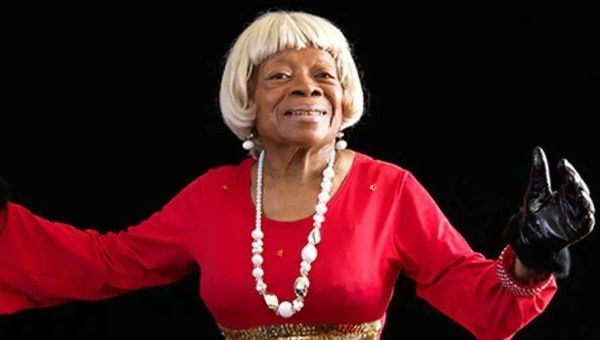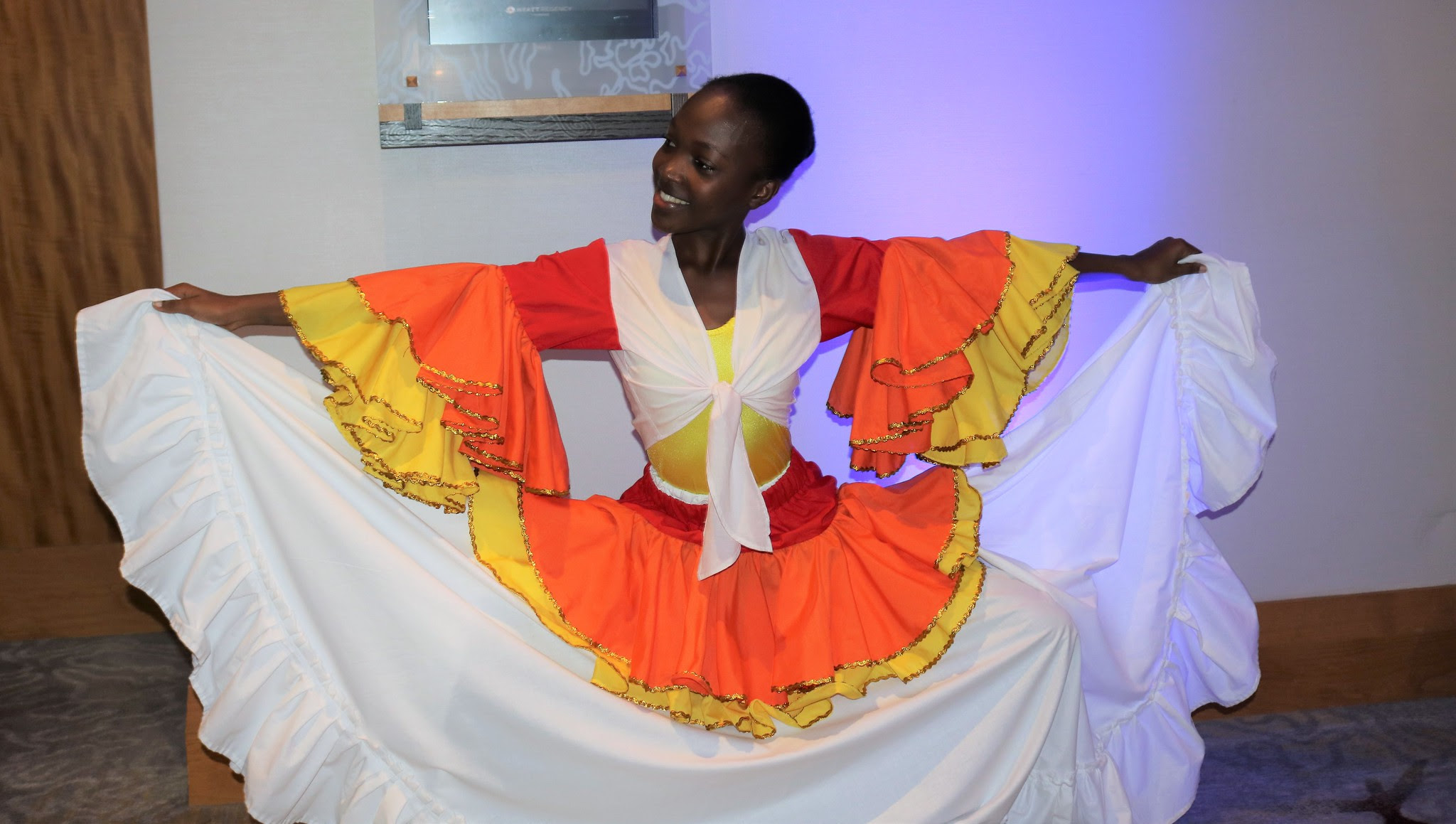A St. Kitts and Nevis delegation attended the 22nd General Assembly of the States’ Parties to the World Heritage Convention this week at UNESCO Headquarters in Paris, as member of the World Heritage Committee.
The Federation representatives – Dr. David P. Doyle, Paris-based Ambassador and Permanent Delegate of St. Kitts and Nevis to UNESCO, and Percival Hanley, General Manager of the Brimstone Hill Fortress National Park Society – received an early piece of good news as the Assembly opened its deliberations: St. Kitts and Nevis was elected as Vice-President of the Assembly, sharing this role with Bangladesh as the second Vice President.
The Assembly convenes some 193 States’ Parties to the World Heritage Convention in Paris once every two years during the ordinary session of the General Conference of UNESCO to elect the members of the World Heritage Committee, to examine the statement of accounts of the World Heritage Fund and to decide on major policy issues, including the election of new World Heritage Committee members.
St. Kitts and Nevis itself was elected in November 2017 among 11 other new members to the World Heritage Committee: Australia, Bahrain, Bosnia and Herzegovina, Brazil, China, Guatemala, Hungary, Kyrgyzstan, Norway, Spain and Uganda.
Noted Ambassador Doyle, “St. Kitts and Nevis is determined to be an active and constructive member of the World Heritage Committee. It is a singular honour for the Federation to be part of this prestigious and influential body that exerts such an impact across the world as the key cultural heritage conveyor of protection and conservation”.
Hanley, now into his second year of the four-year mandate as St. Kitts and Nevis’ official representative to the World Heritage Committee, stated that “our role has become even more important on the Committee as the only small island developing states with a compelling heritage site Brimstone Hill, affording us the leverage to articulate our expertise and experience in the interests of the small States’ Parties”.
The UNESCO World Heritage Committee, one of the oldest UNESCO organs, selects the sites to be listed as UNESCO World Heritage Sites. It is responsible for the implementation of the World Heritage Convention, defines the use of the World Heritage Fund and allocates financial assistance upon requests from States’ Parties. It is composed of 21 state parties that are elected by the General Assembly of States’ Parties for a four-year term.
The next World Heritage Committee meets in China in 2020, where the Federation will participate in discussions relating to the management review of existing World Heritage Sites, accept the nominations for inscriptions from member countries and review the Heritage Fund and international assistance requests.




